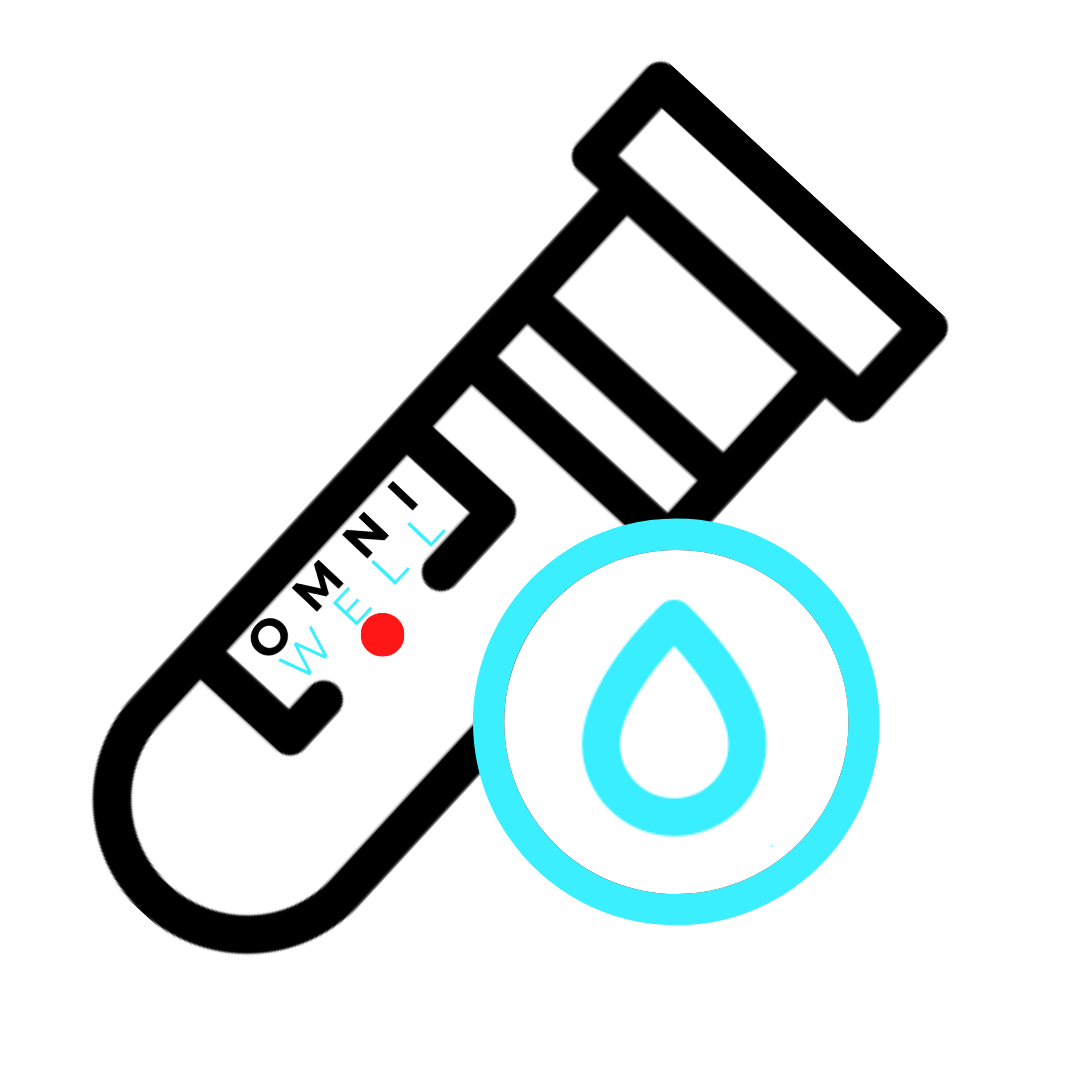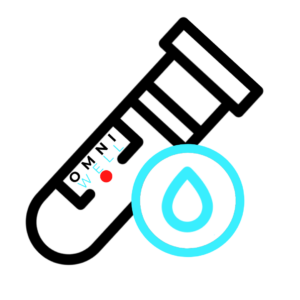What is a CCP antibody test?
This test looks for CCP (cyclic citrullinated peptide) antibodies in the blood. CCP antibodies, also called anti-CCP antibodies, are a type of antibody called autoantibodies. Antibodies and autoantibodies are proteins made by the immune system. Antibodies protect you from disease by fighting foreign substances like viruses and bacteria. Autoantibodies can cause disease by attacking the body’s healthy cells by mistake.
CCP antibodies target healthy tissues in the joints. If CCP antibodies are found in your blood, it can be a sign of rheumatoid arthritis. Rheumatoid arthritis is a progressive, autoimmune disease that causes pain, swelling, and stiffness in the joints. CCP antibodies are found in more than 75 percent of people who have rheumatoid arthritis. They are almost never found in people who don’t have the disease.
Other names: Cyclic citrullinated peptide antibody, anticitrullinated peptide antibody, citrulline antibody, anti-cyclic citrullinated peptide, anti-CCP antibody, ACPA
What is it used for?
A CCP antibody test is used to help diagnose rheumatoid arthritis. It’s often done along with or after a rheumatoid factor (RF) test. Rheumatoid factors are another type of autoantibody. RF tests used to be the main test to help diagnose rheumatoid arthritis. But RF factors can be found in people with other autoimmune diseases and even in some healthy people. Many studies have shown that CCP antibodies provide a more accurate diagnosis of rheumatoid arthritis compared with RF testing.
Why do I need a CCP antibody test?
You may need this test if you have symptoms of rheumatoid arthritis. These include:
- Joint pain
- Joint stiffness, especially in the morning
- Joint swelling
- Fatigue
- Low-grade fever
You may also need this test if other tests couldn’t confirm or rule out a diagnosis of rheumatoid arthritis.
What happens during a CCP antibody test?
A health care professional will take a blood sample from a vein in your arm, using a small needle. After the needle is inserted, a small amount of blood will be collected into a test tube or vial. You may feel a little sting when the needle goes in or out. This usually takes less than five minutes.
Will I need to do anything to prepare for the test?
Be sure to tell your health care provider about all medicines, vitamins, and dietary supplements you are taking. You may need to stop taking certain substances for 8 hours before your test.
Are there any risks to the test?
There is very little risk to having a blood test. You may have slight pain or bruising at the spot where the needle was put in, but most symptoms go away quickly.
What do the results mean?
If your CCP antibody results were positive, it means these antibodies were found in your blood. A negative result means no CCP antibodies were found. The meaning of these results may depend on the results of a rheumatoid factor (RF) test as well as a physical exam.
If you have symptoms of rheumatoid arthritis, and your results show:
- Positive CCP antibodies and positive RF, it likely means that you have rheumatoid arthritis.
- Positive CCP antibodies and negative RF, it may mean you are in the early stages of rheumatoid arthritis or will develop it in the future.
- Negative CCP antibodies and negative RF, it means you are less likely to have rheumatoid arthritis. Your provider may need to do more tests to help find out what is causing your symptoms.
https://medlineplus.gov/lab-tests/ccp-antibody-test/
—
Rheumatoid factors are antibodies directed against the Fc fragment of IgG. These are usually IgM antibodies, but may be IgG or IgA. Rheumatoid factor is present in the serum of a majority of patients with rheumatoid arthritis, depending in part on what method is used. Latex beads coated with human IgG will be positive in 70% to 85% (and have significant numbers of false-positives). Sheep RBCs coated with rabbit IgG will be positive in 60% to 70% (and have fewer false-positives). Many rheumatic conditions and other chronic inflammatory processes also may produce rheumatoid factors. The presence of rheumatoid factor, especially in low titer, is far from diagnostic for rheumatoid arthritis. Furthermore, with increasing age, people with no clinical illness may have rheumatoid factor. The presence of IgM RFs has been reported in as much as 10% of the normal population. Statistically, patients with rheumatoid arthritis who have high titer rheumatoid factor are more likely to have severe disease and systemic involvement than other patients. Rheumatoid factor can be detected in synovial fluid, pleural fluid, and pericardial fluid, but contributes little more than a positive serum test. Some rheumatoid factors may behave as cryoglobulins.







